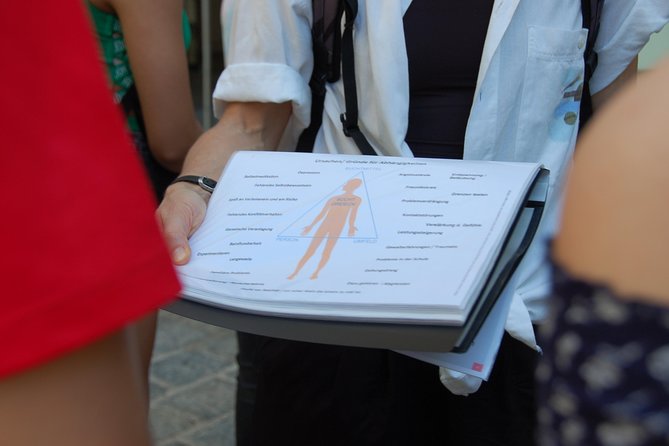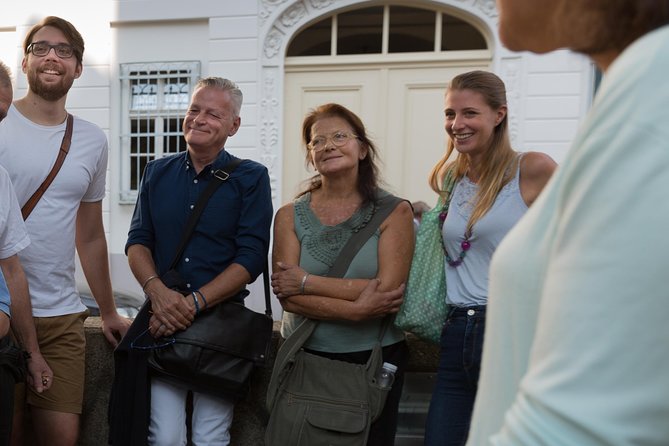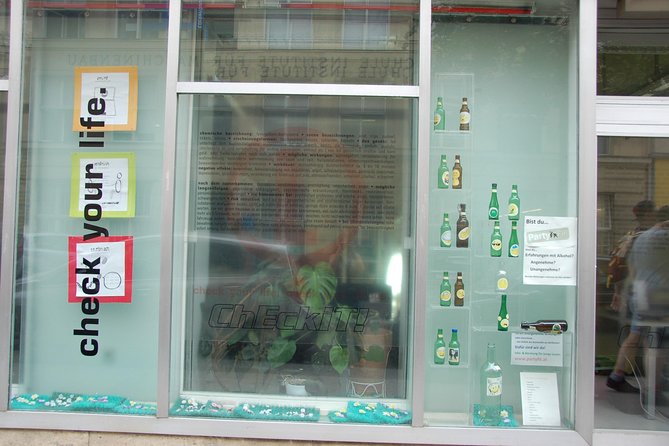Venturing into the labyrinthine realm of addiction and drugs, whispers of a shadowy theory loom. As the journey unfolds, a path fraught with twists and turns reveals the intricate dance between temptation and turmoil.
In a world where choices hold the weight of destinies, one must tread cautiously, for the line between liberation and entrapment blurs imperceptibly. Join the expedition where the echoes of past decisions reverberate, beckoning the curious to unravel the enigma that lies ahead.
Key Points

- Understanding addiction mechanisms is crucial for prevention and support.
- Addiction significantly impacts mental health, leading to anxiety and depression.
- Holistic recovery strategies address mind, body, and spirit for healing.
- Challenging stigma and promoting empathy create a supportive environment for recovery.
Understanding Addiction & Drugs
Set out on a thrilling journey into the depths of addiction and drugs, unraveling the complexities and impacts of these powerful forces on individuals and society.
In the realm of addiction awareness and prevention, knowledge is the key to combating this pervasive issue. Through drug education and advocacy, communities can equip themselves with the tools needed to intervene and support those struggling with addiction.
Understanding the mechanisms of addiction empowers individuals to recognize the signs, offer assistance, and foster a culture of empathy and support. By promoting addiction awareness and prevention strategies, society can work towards creating a healthier and more resilient environment for all.
Education and advocacy serve as beacons of hope in the fight against the destructive influence of drugs and addiction.
You can also read our reviews of more tours and experiences in Vienna.
Impact on Mental Health

Journeying further into the realm of addiction and drugs reveals a profound impact on mental health, shedding light on the intricate interplay between substance use and psychological well-being. The mental health implications of addiction are vast, affecting individuals on personal levels and rippling out to have a significant societal impact.
The psychological effects of drug dependency can lead to anxiety, depression, and even exacerbate existing mental health conditions. Recognizing the importance of community support in addressing these challenges is crucial. Building a network of support through friends, family, and professional help can provide a lifeline for those struggling with addiction and mental health issues.
Understanding the interconnected nature of addiction and mental health is vital in creating effective strategies for recovery and healing.
Addiction Recovery Strategies

With a firm resolve and a clear vision of a brighter future, individuals embarking on the path of addiction recovery seek to reclaim their lives and rediscover the joy of living without substances.
- Holistic approaches: Engaging the mind, body, and spirit for comprehensive healing.
- Trauma informed care: Addressing underlying traumas that may have contributed to the addiction.
- Support groups: Building connections with others who understand the journey.
- Healthy lifestyle changes: Incorporating exercise, nutrition, and mindfulness practices to promote well-being.
These strategies form a robust framework to guide individuals towards a life free from the grips of addiction, fostering resilience and empowering them to embrace a future filled with hope and possibility.
Addressing Stigma & Misconceptions

Navigating the realm of addiction recovery strategies leads to the imperative task of addressing stigma and dispelling misconceptions surrounding individuals on this journey to reclaim their lives. Challenging stereotypes is essential in breaking down barriers that hinder progress. Promoting empathy cultivates a supportive environment where those in recovery feel understood and encouraged.
It’s a journey of resilience and transformation, where individuals combat not only their inner struggles but also societal prejudices. By shedding light on the realities of addiction and recovery, misconceptions can be replaced with understanding and compassion. Each person’s path is unique, deserving respect and recognition for the courage it takes to confront addiction.
Empathy and solidarity are the cornerstones of creating a more inclusive and supportive community for those on the journey to recovery.
Support Systems for Recovery

Embarking on the path to recovery from addiction requires individuals to forge strong connections with supportive networks that uplift and empower them through their journey of transformation. Recovery is a challenging but rewarding adventure that becomes more manageable with the right support systems.
-
Peer Support: Connecting with individuals who’ve faced similar struggles can provide invaluable empathy and understanding.
-
Holistic Approach: Embracing a comprehensive recovery plan that addresses physical, mental, and emotional well-being is key.
-
Professional Guidance: Seeking help from therapists, counselors, or support groups can offer structured assistance.
-
Community Resources: Accessing community programs and services can supplement personal recovery efforts.
Preventing Drug Abuse
Taking proactive measures to prevent drug abuse involves fostering a culture of awareness and resilience within communities. Implementing prevention programs and community education is crucial in curbing the onset of drug abuse.
These initiatives aim to equip individuals with the knowledge and skills to make informed decisions and resist the temptations of substance misuse. Prevention programs often focus on empowering youth, providing them with alternative activities and coping mechanisms to steer clear of drugs.
Plus, community education plays a vital role in raising awareness about the dangers of drug abuse and promoting healthy lifestyle choices. By engaging in these proactive measures, communities can create a supportive environment that prioritizes prevention and ultimately reduces the prevalence of drug abuse.
Resources for Help & Treatment
Seeking help and treatment for addiction can be a transformative journey towards healing and recovery. When faced with addiction, you can find solace and guidance through various resources tailored to their needs. Embark on this adventure towards wellness by exploring the following:
- Support Networks: Engage with groups of individuals who share similar struggles, providing empathy and understanding.
- Treatment Options: Discover a range of therapies and programs designed to address addiction and promote recovery.
- Professional Guidance: Seek assistance from trained professionals who specialize in addiction treatment.
- Holistic Approaches: Explore alternative methods like yoga, mindfulness, or art therapy to complement traditional treatments.
Within these resources lie the keys to unlocking a path towards a brighter, healthier future.
Common questions
What Are Some Common Triggers for Addiction Relapse That Individuals May Face During Recovery?
Relapse prevention involves identifying triggers like stress, social pressures, and environmental cues. Individuals can develop coping strategies such as mindfulness, seeking support, and engaging in healthy activities to navigate these challenges during recovery.
How Can Family and Friends Best Support a Loved One Who Is Struggling With Addiction?
Supporting a loved one struggling with addiction involves setting healthy boundaries, open communication, and encouraging peer support and counseling. By fostering understanding and empathy, family and friends can navigate the journey together with compassion.
Are There Any Alternative or Holistic Approaches to Addiction Treatment That Have Shown Success?
Exploring innovative approaches to addiction treatment, one can find success in mind-body techniques, herbal remedies, acupuncture, and meditation practices. These holistic methods offer individuals a unique and effective path towards healing and recovery.
What Role Does Trauma Play in the Development of Addiction, and How Can It Be Addressed in Therapy?
Trauma can deeply impact addiction development. In therapy, trauma healing is vital for addiction recovery. Therapeutic interventions focus on trauma processing, unraveling past pain to pave the way for a healthier, drug-free future.
How Can Employers Create a Supportive Environment for Employees in Recovery From Addiction?
Employers can foster a supportive environment for employees in recovery by offering workplace support programs, connecting them with recovery resources, promoting employee wellness, and combating addiction stigma. Creating a safe space encourages growth and healing.
Final Words
Set out on a transformative journey through the shadows of addiction and the allure of drugs. Explore the complexities, challenges, and triumphs of those affected by these powerful forces.
Discover the impact on mental health, strategies for recovery, and ways to combat stigma and misconceptions.
With a 5-star rating and rave reviews, ‘In the Footsteps of Addiction & Drugs’ promises an enlightening experience. Take the first step towards understanding, support, and prevention in this gripping exploration.
More Tour Reviews in Vienna
Not for you? Here's more nearby things to do in Vienna we have reviewed
- Highlights of Vienna: Private Bike Tour With Licensed Guide
- Full-Day Private Trip From Vienna to Hallstatt
- Vienna: Guided Walking Tour of City Center Highlights
- Vienna: Skip-The-Line Ticket to the Museum of Technology
- Bicycle Tour – Vienna Complete
- Singing Mozart, in Mozart Costume
- 2-Hour Alpine Private Hiking Tour Along Luckerte Wand Mountain From Vienna
- Trip From Vienna: Visit Bratislava – Transport, Lunch and Guided Tour Included
- Private Transfer From Vienna City to Bratislava City
- Vienna: Walking Tour of the Historic Ringstrasse
- Vienna Self Guided Sherlock Holmes Murder Mystery Game
- Museum Hopping in Vienna
